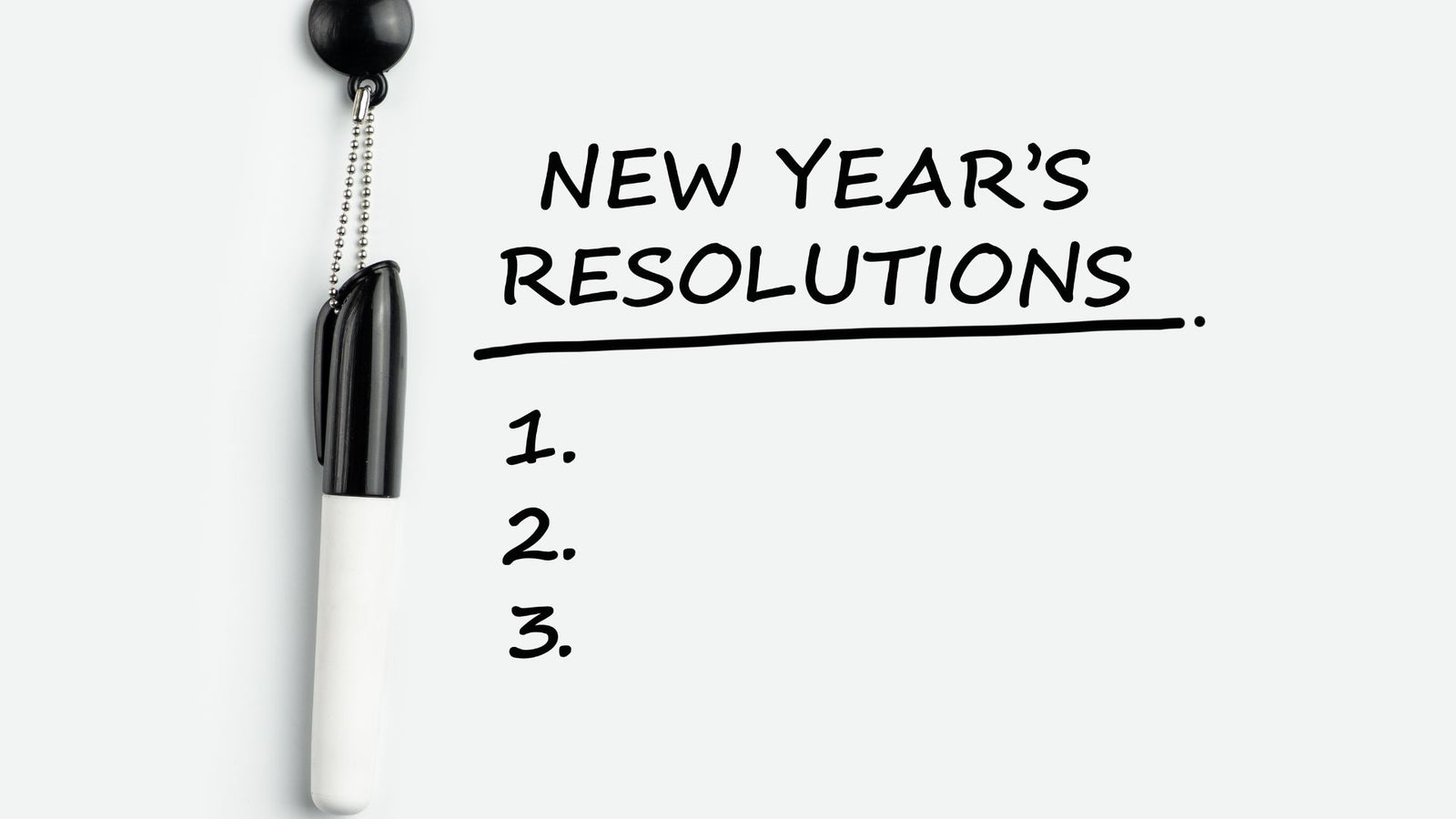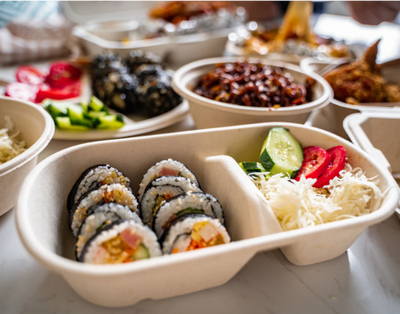As we step into 2025, the global movement toward reducing plastic waste has never been more urgent. Plastic pollution poses severe threats to our environment, marine life, and even human health. Adopting plastic-free resolutions is a powerful way to make a difference in your life and inspire others to do the same. Let’s explore practical resolutions for a plastic-free 2025, supported by insights from reputable reports and tailored to EQUO’s eco-friendly solutions.
The Plastic Problem: Why We Need Resolutions
Plastic waste remains a critical global issue, with new findings shedding light on its pervasive impact. Recent data from The Pew Charitable Trusts reveal that over 400 million tons of plastic are now produced annually, with nearly 11 million tons polluting our oceans each year. This pollution not only endangers marine life but also introduces microplastics into our food and water systems, affecting human health in ways still being uncovered by science.
Key Facts:
- Research from the Minderoo Foundation’s 2023 Plastic Waste Makers Index identifies the top contributors to global plastic waste, urging accountability from major corporations.
- A study published in Nature Sustainability highlights that microplastics are now found in 77% of deep-sea fish, illustrating the far-reaching consequences of plastic pollution.
- Microplastics have been found in 83% of global tap water samples, according to research by Orb Media.
- A 2024 report by Plastic Oceans International shows that plastic production is expected to triple by 2060 if current trends continue, making immediate action crucial.
Outline of Resolutions for a Plastic-Free 2025
1. Audit Your Plastic Usage

Resolution: Start by understanding how much plastic you consume daily.
Why It’s Important:
Conducting a personal plastic audit helps identify areas where you can reduce or eliminate single-use plastics. According to the World Wildlife Fund, the average person consumes 5 grams of plastic weekly—equivalent to a credit card.
Steps to Take:
- List all the plastic items you use in a week.
- Categorize them into reusable, recyclable, and single-use.
- Set reduction goals for each category.
- Use tracking apps like "My Little Plastic Footprint" to monitor progress.
2. Swap Single-Use Plastics for Reusables
Resolution: Replace disposable items with durable, eco-friendly alternatives.
Practical Swaps:
- Use EQUO’s compostable utensils, which are made from natural materials like sugarcane, coffee and wood.
- Opt for reusable water bottles, shopping bags, and coffee cups.
- Choose EQUO’s plant-based straws, available in sugarcane, coffee, rice, and coconut varieties, as an alternative to plastic straws.
Real Impact:
A report by Greenpeace highlights that switching to reusables can save up to 1,500 single-use items per person annually. Additionally, studies by Beyond Plastics reveal that reusables reduce greenhouse gas emissions by up to 79% compared to single-use plastics.
3. Choose Plastic-Free Packaging

Resolution: Commit to buying products with minimal or eco-friendly packaging.
How to Shop Smarter:
- Purchase food in bulk to reduce packaging waste.
- Look for brands like EQUO that offer plastic-free options, such as sugarcane-based food containers.
- Support local farmers’ markets where you can use your own containers and bags.
Industry Insight:
The "Naked Packaging" trend, where brands sell products without any plastic covering, has gained momentum in 2024. Retailers like Lush and Unpackaged have reported a significant reduction in waste while boosting customer satisfaction.
4. Compost and Recycle Effectively

Resolution: Dispose of waste responsibly by composting biodegradable materials and recycling correctly.
Tips for Success:
- Learn the recycling rules in your area to avoid contamination.
- Invest in a compost bin for kitchen and garden waste, including EQUO’s compostable products.
- Avoid wish-cycling—recycling items that are not recyclable—which can disrupt the system.
Did You Know?
The hidden truth about many so-called "biodegradable" products is that they often break down into harmful microplastics, polluting ecosystems and adding to the plastic problem. In contrast, compostable products decompose into organic matter, enriching soil health and leaving no toxins behind. According to a 2023 report by the Ellen MacArthur Foundation, compostable materials contribute significantly to the circular economy by reducing waste and promoting soil regeneration. They also save on recycling costs, especially home-compostable options like EQUO's straws and food containers, which offer a convenient and genuinely sustainable alternative.
5. Advocate for Change

Resolution: Use your voice to push for systemic solutions to plastic pollution.
Ways to Advocate:
- Sign petitions urging governments to ban single-use plastics.
- Educate your community about the benefits of adopting eco-friendly practices.
- Partner with organizations like EQUO to promote sustainable alternatives in your workplace or community.
Success Stories:
The European Union’s single-use plastics ban, implemented in 2021, is a prime example of how advocacy leads to impactful legislation. In 2023, California enacted laws mandating compostable packaging in certain industries, further demonstrating the power of public advocacy.
6. Embrace Minimalism
Resolution: Reduce consumption overall to lessen your environmental footprint.
Why Minimalism Matters:
The less you consume, the less waste you generate. A study by Global Footprint Network shows that reducing overconsumption could cut global waste by 40%.
How to Begin:
- Adopt a "buy less, choose well" mindset.
- Prioritize quality over quantity when purchasing items.
- Declutter your home and donate unused items.
- Explore capsule wardrobe practices to minimize fashion waste.
7. Support Eco-Friendly Businesses
Resolution: Shift your spending to companies committed to sustainability.
Why Support Matters:
By choosing eco-conscious brands, you’re voting with your wallet. EQUO’s mission to eliminate single-use plastics aligns with this principle, offering sustainable solutions that are compostable, durable, and stylish.
Examples:
- Replace traditional paper or plastic straws with EQUO’s sugarcane or rice straws.
- Opt for EQUO’s tote bags for your shopping needs instead of plastic bags.
8. Educate Yourself and Others
Resolution: Stay informed about the latest developments in sustainability and share your knowledge.
Learning Resources:
- Follow blogs and reports from organizations like Plastic Oceans and the Ellen MacArthur Foundation.
- Subscribe to EQUO’s newsletter for tips and updates on eco-friendly living.
- Join local workshops or online courses on zero-waste practices.
Inspiring Others:
Host a plastic-free challenge among friends and family or at your workplace. Share success stories on social media to inspire others. For instance, the #PlasticFreeJuly campaign saw a record participation of over 140 million people globally in 2024, demonstrating the power of collective action.
Conclusion
Making New Year’s resolutions for a plastic-free 2025 is a step toward a healthier planet. From auditing your plastic usage to advocating for change, each resolution contributes to reducing plastic pollution. By adopting sustainable habits and supporting brands like EQUO, you’re not just making a personal change, you’re part of a global movement. Let’s embrace these resolutions and work together for a plastic-free future.


